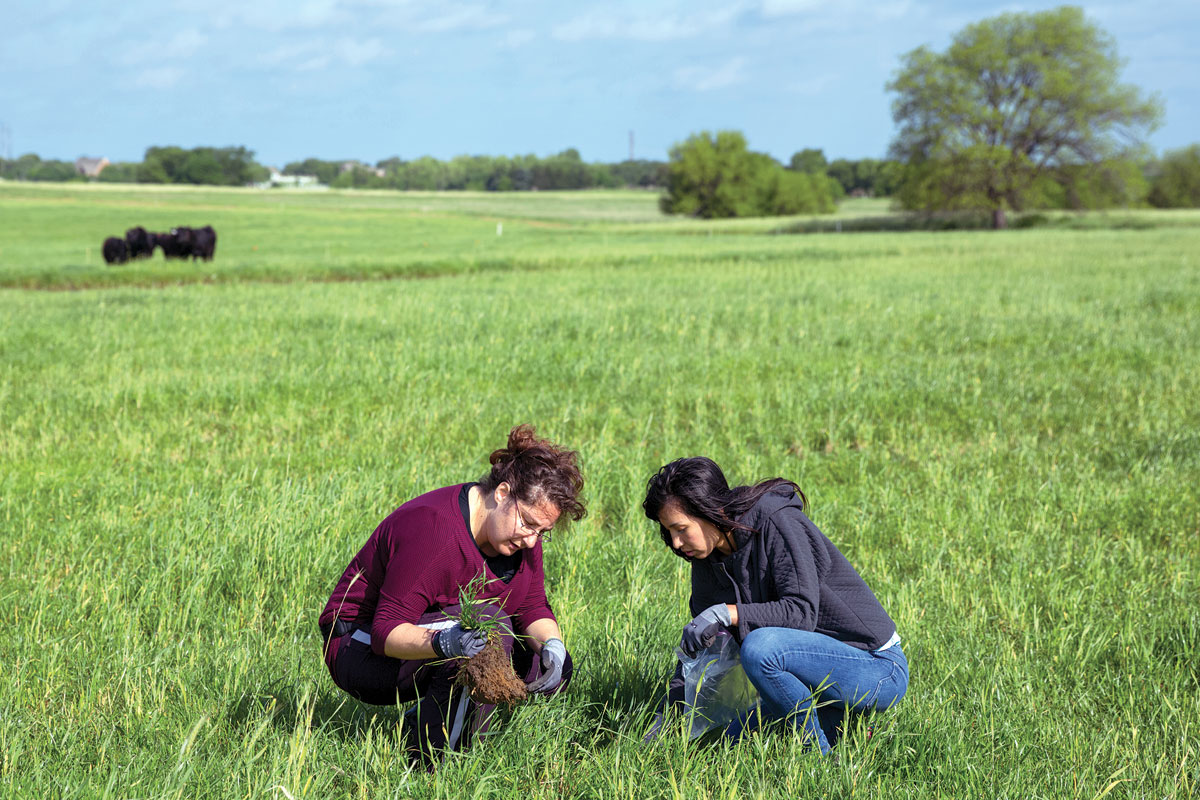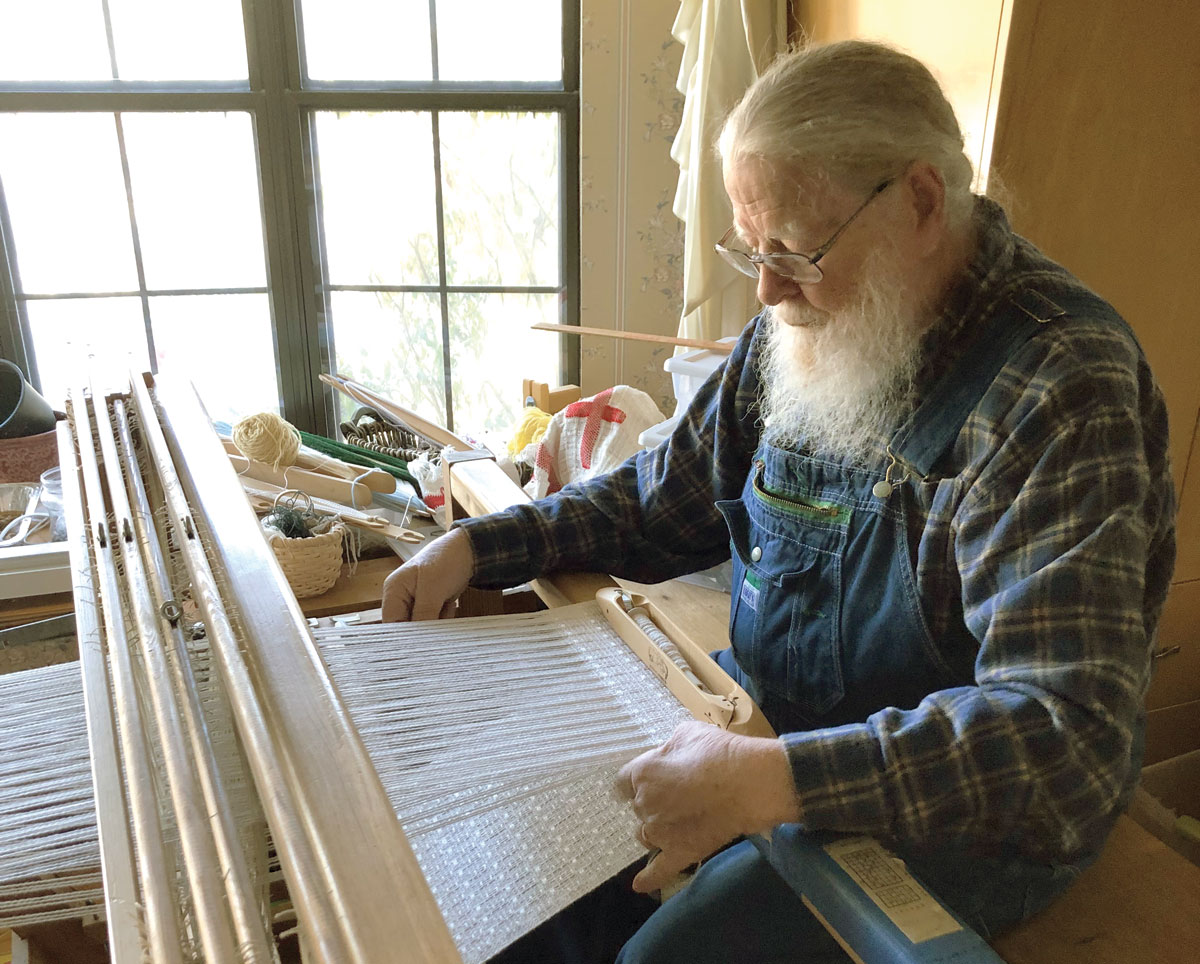
The very basis for living life well can be defined by length of years, number of degrees you obtain, the amount of money you make or simply what you do with it.
Farming is an occupation often taken for granted and even misunderstood. Unlike jobs with regular hours, those working the land must work irregular hours, invest significant amounts of time and money while trying to stay two-steps ahead of Mother Nature. Working in agriculture means learning everything from new GPS technology, what’s the next insect or weed threat, to maintaining a fine ecological balance, ensuring our most precious resources are safe and sound for future generations.
One Oklahoma son demonstrated that how you live your life, creates ripples through generations and that simple principles reap enormous benefits. That son was Samuel Lloyd Noble.
Known as Lloyd Noble, he was born November 1896 in Indian Territory where his family had settled from New York.
Moving to Ardmore, Okla., they first opened a grocery store, which was destroyed by a fire that claimed much of the town. Afterwards, they opened a hardware store, serving many of the farmers in the area. During an audio interview with his daughter, Ann Noble Brown in 2011, she recalled that when the “crops where poor…farmers would give land…to pay their hardware store bill.”
Cotton became king and the crop was booming in much of Oklahoma, with Ardmore becoming the “largest inland cotton-ginning center in the world”. Nevertheless, the farming practices of the day soon eroded the soil of critical nutrients paving the way for the great disaster known as the Dust Bowl.
Lloyd could be described as an independent thinker, eager to learn but not conforming to society’s drumbeat. He was attracted to interesting people and over the course of his life would meet people of great importance and influence, yet his passion was the everyday hard-working folks on the farm.
Whether he finished high school is unclear but it is known that he received a teaching certificate and taught for a couple years. He later attended college at Oklahoma University on a couple of occasions but never graduated.
After serving in the Navy at the end of World War I and the death of his father when he was 21, college took a back seat to creation of an oil exploration and drilling business with a former classmate in 1921. Oil was big industry on the horizon for Oklahoma and with a loan from his mother, he jumped into the industry that would soon give him wealth to share.
His gregarious and forward-thinking personality proved to be an asset in his business dealings, as well as, his core values that carried over into the Samuel Roberts Noble Foundation he established to honor his father in 1945, whom he stated was the most generous person he knew.
According to J. Adam Calaway, director of Communications and Public Relations, Lloyd’s business philosophy was built on two principles, “Hire the right people and capitalize on technology.” It was important to pay fair wages for an honest day’s work, something that he stood for when he served two terms on the Board of Regents for OU, advocating for better college faculty wages.
His tenacious drive in business would also be reflected in his anonymous contributions to those in need, such as an employee’s medical bills.
He was eager to listen to other’s ideas for improvement, especially in new technologies. Being open-minded allowed him to “drill deeper and faster than his contemporaries,” making him wildly successful when he began his own company.
His love for his home state led to ventures across the political and cultural arenas, but his passion was for the land itself. Witnessing the devastation of the Dust Bowl years while flying from oil fields to city offices, he was determined to bring about the change needed to save the land and he was just the person to do it. Lloyd loved a challenge, had the resources and embraced the opportunity to hit it head on.
A man of small stature, Lloyd lived large and selflessly, developing the standard for agriculture education and research necessary to sustain the land while feeding the world. He saw land not only as a source of sustenance but a source of freedom for individuals. Former foundation CEO, Mike Cawley recalls Lloyd’s belief about the land.
“He talked about the ownership of … land, no matter [the size], as the greatest defense there was against tyranny. …Owning land is independence and independence is power. He saw agriculture as critically important, not just to food and fiber but he saw it as the bedrock to the (character) of the country.”
Today, with the same determination and love for challenges, the Foundation leadership has advanced two dynamic organizations with the same focus and passion but with increased accessibility and versatility in solving future agricultural issues facing the world.
The newly created Noble Research Institute, LLC. will expand its focus on research, education and consultation services. With the outside-the-box view enlisted by Lloyd Noble, the Institute will continue to cultivate relationships with top research entities in the field of agricultural research and education.
The desire to give back will continue in the spirit of Lloyd’s passion for philanthropic pursuits through The Samuel Roberts Noble Foundation, which includes grant-making and scholarship programs.
The seeds sown in 1945, just five years before his premature death at age 53, have exponentially taken root, nourished with the values of humility, selflessness, boldness, honesty, collaboration and constant improvement. But most importantly, being Noble.






